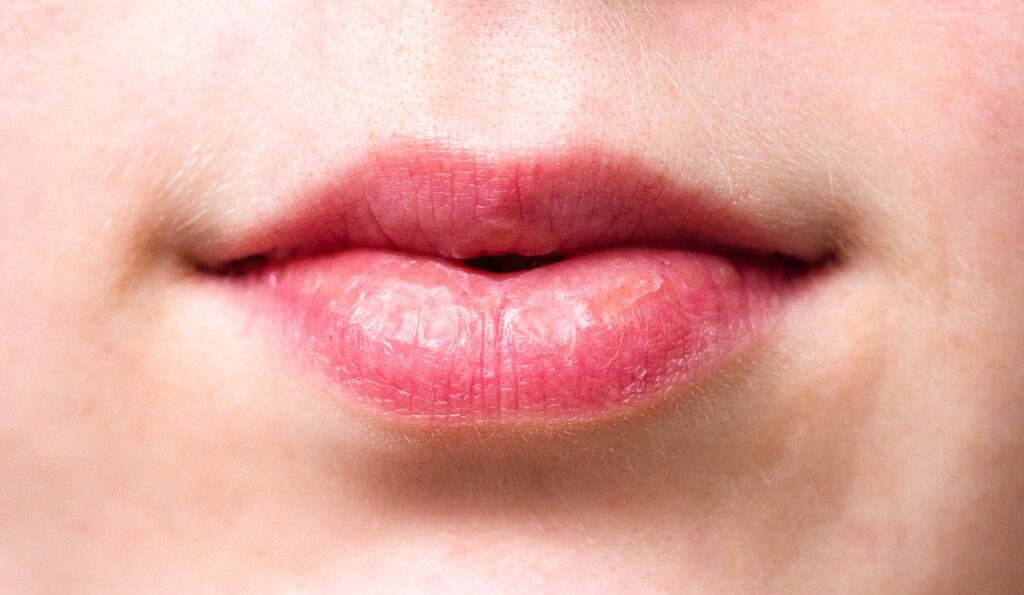
Also known as Xerostomia, dry mouth is a common oral problem that affects up to 65% of people worldwide at some point. It is not easy to find out the cause and how to prevent and treat the same for those who suffer. Read on to know how this problem can affect all ages.
First of all, let’s talk about Dry Mouth
Our saliva is a natural transparent liquid which keeps our mouth wet and healthy. The condition of dry mouth takes place when sufficient saliva is not produced by salivary glands to keep it moist. Some of the common causes of dry mouth are side effects of some medications, medical conditions or other factors. Here are some of its common signs –
- Unusual thirst
- Dry feeling in throat and mouth
- Sore throat
- Cracked corners of mouth and lips
- Sore mouth and nearby areas
Health Risks of Dry Mouth
Saliva helps neutralizes bacterial acids in our mouth which builds up with the beverages we drink and the foods we eat. It also improves digestion and helps in swallowing and chewing. The acids in the mouth are concentrated when the mouth is dry and they might cause gum disease and tooth decay. The risk of tooth decay may also rise as food particles may linger in dry mouth very commonly.
Saliva also helps teeth in absorbing important minerals like fluoride and calcium. Your teeth may become vulnerable to damage and weaker due to the deficiency of saliva. Without proper lubrication due to lack of saliva, some parts of mouth like gums and tongue may get inflamed and swollen. This way, it causes bad breath and your mouth becomes a breeding ground for germs.
Causes of Dry Mouth
For Children
Dry mouth is a very common concern among adults as compared to children. But it doesn’t mean children cannon have dry mouth. Here are some of the major causes –
- Breathing through mouth
- Excess loss of fluid, especially during hot summer, stomach bugs, and bouts of diarrhea
- Some medical conditions like Sjogren’s syndrome and diabetes
- Medications for childhood cancers and mood disorders
For adults
As discussed above, dry mouth affects adults more than children. The reasons are quite the same to develop a dry mouth. Along with those factors, here are few more causing this problem for adults –
- Some medical conditions like Alzheimer’s disease and Parkinson’s disease
- Medications for allergies, high blood pressure, flu, cold, and Parkinson’s disease
In Older Adults
There are very high chances to suffer for older adults due to dry mouth than any other age group as they have to take medications for different illnesses. Their side effects can easily trigger dry mouth. However, dry mouth is caused just because of aging. They may develop dry mouth because of different reasons adults and children do.
Treatment Options
Here are some of the simple habits that can improve saliva to keep your mouth moist –
- Chew gum or mints to improve the flow of saliva.
- Drink a lot of water and keep a bottle handy to take a sip whenever you feel dry.
- Stay away from coffee, soft drinks, and alcohol which can cause dehydration.
- Snack on veggies and fruits. Avoid chocolates and potato chips and switch to healthy vegetables and fruits which are full of water.
- Avoid salty foods that can dry out your mouth.
- Breathe through the nose.
- Ask a doctor before taking medications.
